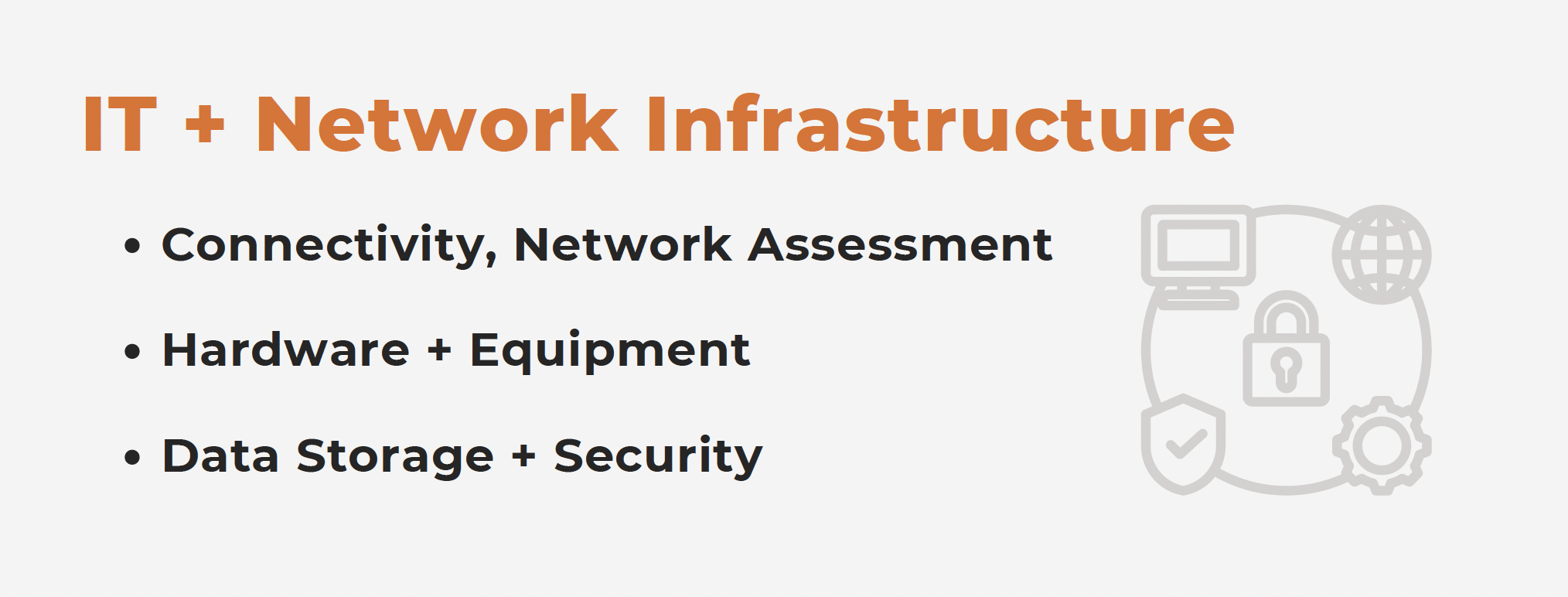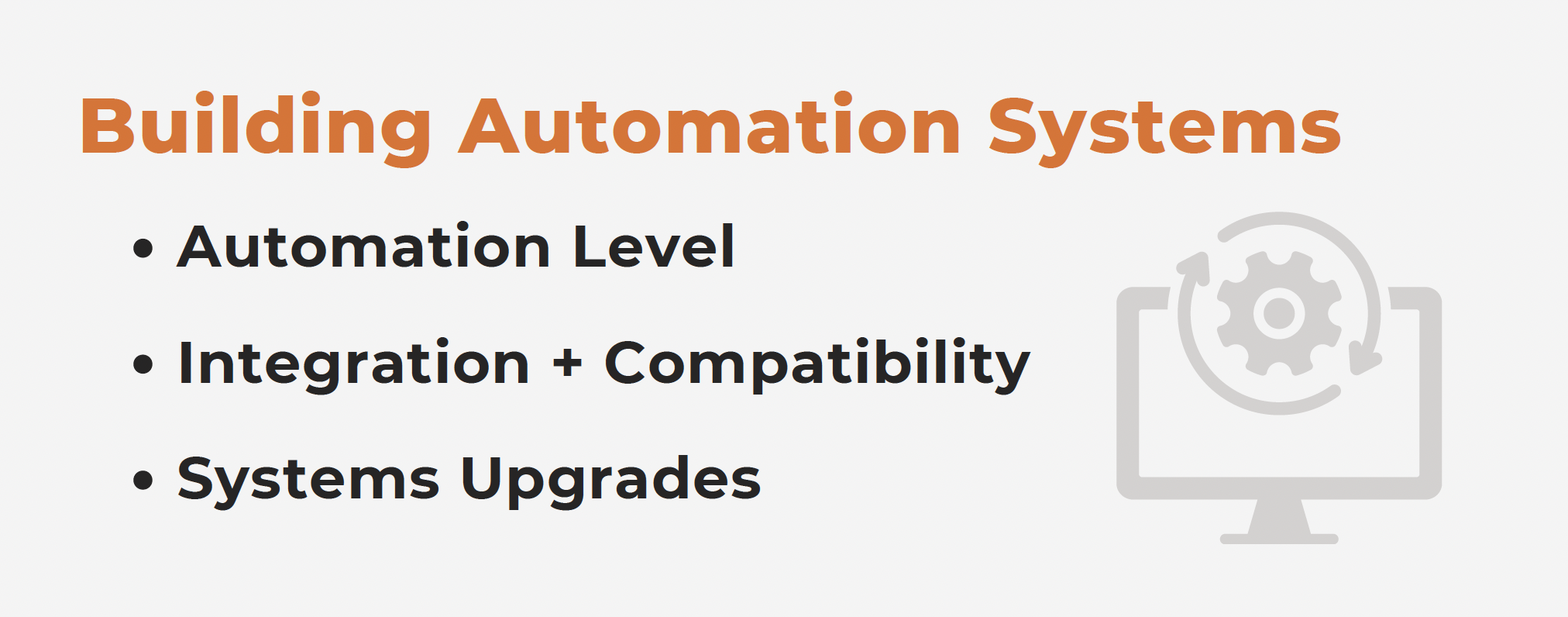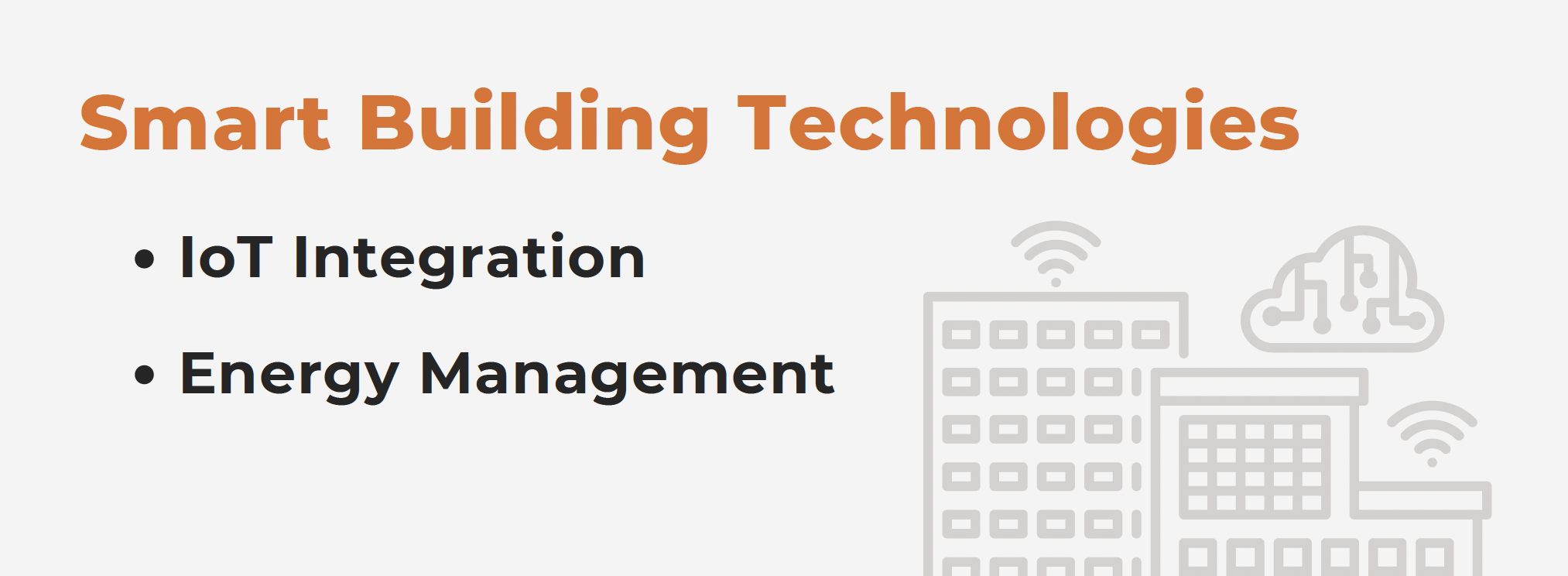Ensuring Investment Success: Comprehensive Due Diligence Strategies for Commercial Real Estate – Part 6
This is the sixth and final installment in our in-depth series on due diligence strategies for commercial real estate. In this post, we discuss technology and infrastructure diligence.
Technology and infrastructure diligence is a fairly new type of due diligence for commercial real estate. But, with commercial buildings growing increasingly reliant on technology and increasingly connected to the internet, they are also becoming increasingly vulnerable to cyber-attacks and other serious and costly technology-related issues, making this an essential aspect of due diligence strategy that should not be overlooked.
Technology and Data Infrastructure Diligence
Technology and data infrastructure evaluation is becoming increasingly important in the due diligence process. As buildings and property management become more digitalized, the technology systems that support the operations, security, and data management of a property play a critical role in its overall functionality and efficiency. Here’s a detailed exploration of what this involves:
1. IT and Network Infrastructure
Connectivity and Network Assessment
Assess the existing IT infrastructure including wired and wireless networks. Check the quality of internet connectivity and bandwidth to ensure it meets current tenant needs and can support future technological upgrades.
Hardware and Equipment
Evaluate the condition and age of servers, routers, switches, and other networking equipment. Consider the need for upgrades or replacements to meet modern standards.
Data Storage and Security
Examine data storage facilities and solutions (both on-site and cloud-based) to ensure they provide adequate capacity and robust security measures to protect property and tenant data.
2. Building Automation Systems (BAS)
Automation Level
Review the extent of building automation which can include HVAC systems, lighting, security cameras, and access controls that are controlled through central software.
Integration and Compatibility
Check how well different systems are integrated to provide seamless operation. Assess whether these systems are compatible with newer technologies for potential future integrations.
System Upgrades
Identify needs for system upgrades to enhance efficiency, such as installing energy-efficient HVAC systems or LED lighting controlled by smart systems.
3. Security Infrastructure
Physical Security Systems
Evaluate the adequacy of physical security measures, including surveillance cameras, alarm systems, and access control mechanisms. Check for areas that may need improved coverage or modernization.
Cybersecurity Measures
Assess cybersecurity protocols and defenses, especially if the property relies on smart technology and IoT devices that could be vulnerable to hacking.
Emergency and Disaster Recovery Systems
Review the preparedness of the property to handle emergencies via security infrastructure like backup power systems, data recovery processes, and emergency communication tools.
4. Compliance and Regulatory Considerations
Data Protection Compliance
Ensure that all technology systems comply with relevant data protection laws (e.g., GDPR, HIPAA) which govern the storage and handling of personal information.
Building Codes and Standards
Verify that all installed systems meet local building codes and standards, particularly for electrical and network installations.
5. Telecommunications Infrastructure
Telecom Services
Assess the variety and quality of telecommunications services available at the property, including telephone lines and fiber optic cables.
Service Providers
Check contracts with telecommunications providers to ensure competitive pricing and adequate service levels.
6. Smart Building Technologies
IoT Integration
Evaluate the integration of IoT (Internet of Things) devices in the building’s operation. This includes smart meters, smart lights, and HVAC systems that can be remotely monitored and controlled.
Energy Management
Review systems related to energy management to assess how technology is used to reduce energy consumption and costs.
7. Future-Proofing Considerations
Scalability
Analyze the scalability of the existing technology infrastructure to accommodate future growth or changes in use.
Technological Advancements
Consider potential future technological advancements and whether the existing infrastructure can adapt to new trends and innovations.
The Benefits of Technology and Data Infrastructure Due Diligence
Evaluating the technology and data infrastructure of a commercial real estate property is essential for ensuring that it meets current operational standards and is prepared for future challenges and opportunities. This review helps uncover potential risks associated with outdated or inadequate technology systems and provides a roadmap for necessary upgrades and improvements. By thoroughly assessing these aspects, investors can enhance the property’s value, attract and retain tenants, and optimize operational efficiency.
Conclusion: Harnessing the Power of Due Diligence for Commercial Real Estate Success
As we have explored throughout this series, conducting thorough due diligence is not merely a step in the process of acquiring commercial real estate—it is the cornerstone of making informed, intelligent investment decisions. By meticulously examining every aspect of the property, from the physical condition and legal standings to financial metrics and market dynamics, investors can minimize risks and position themselves for optimal returns.
Remember, the goal of due diligence is to uncover as many facts and as much information as possible to avoid surprises after closing the deal. Whether it’s verifying the integrity of the building structure, assessing the reliability of tenants, or ensuring compliance with environmental standards, each element of due diligence provides a layer of protection and insight.
Furthermore, in today’s rapidly evolving market, embracing the advancements in technology and data infrastructure also plays a critical role in enhancing operational efficiencies and future-proofing your investments. Coupled with robust risk management strategies and comprehensive insurance coverage, you can safeguard your assets against unforeseen adversities.
In conclusion, while the process of due diligence might seem daunting and labor-intensive, the peace of mind and financial security it brings cannot be overstated. As you venture into your next commercial real estate investment, arm yourself with the knowledge and insights from this guide. Stay curious, diligent, and proactive in your approach to due diligence—your scrutiny today is the foundation of your success tomorrow.
Additional Information on Due Diligence for Commercial Real Estate
That wraps up our series on due diligence strategies for commercial real estate. In case you missed any of our previous posts and would like more information on the subject:
- Part 1 covers property and building inspections and title and ownership verification
- Part 2 is on financial due diligence and market and area analysis
- Part 3 looks at tenant and lease analysis and environmental assessments
- Part 4 addresses operational reviews and insurance coverage examinations
- Part 5 is on risk management analysis and reviewing tenant files and correspondence
If you’d like information on Realogic’s broad range of due diligence services, contact us at info@realogicinc.com or 312-782-7325 or visit the due diligence page on our website. We’ve been performing due diligence on commercial properties for over 30 years and have conducted due diligence or underwritten over 10,000 assets so we have the people, skills, experience, resources and know-how to support any type or size of commercial real estate due diligence project.
About The Author
Mike Phelps is Realogic’s General Counsel. Mike has over 20 years of commercial real estate experience, including with financial modeling and analysis, analysis of acquisitions and dispositions, due diligence, underwriting, development and review of financial proformas and Argus/Dyna training. In his current role, he supports all of Realogic’s business lines and provides counsel on corporate, employment and compliance issues. He is also responsible for negotiation of contracts, master service agreements, software licenses and subscriptions and other intellectual property matters. Mike welcomes your comments on his posts. He can be reached at mphelps@realogicinc.com


